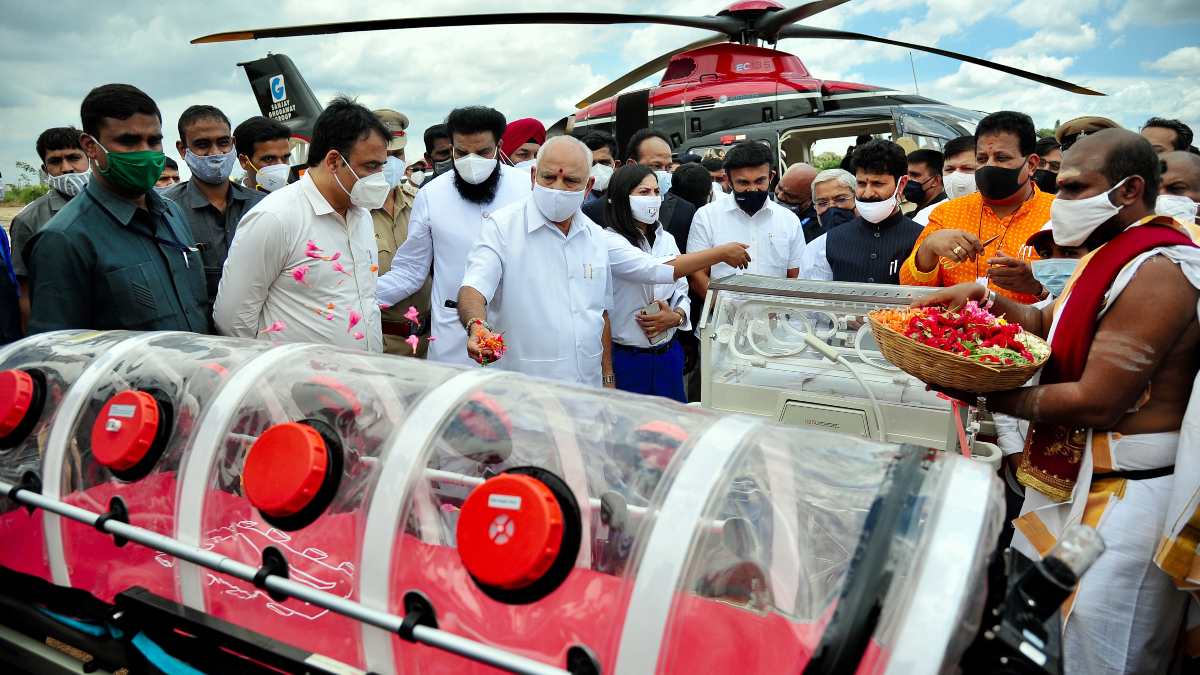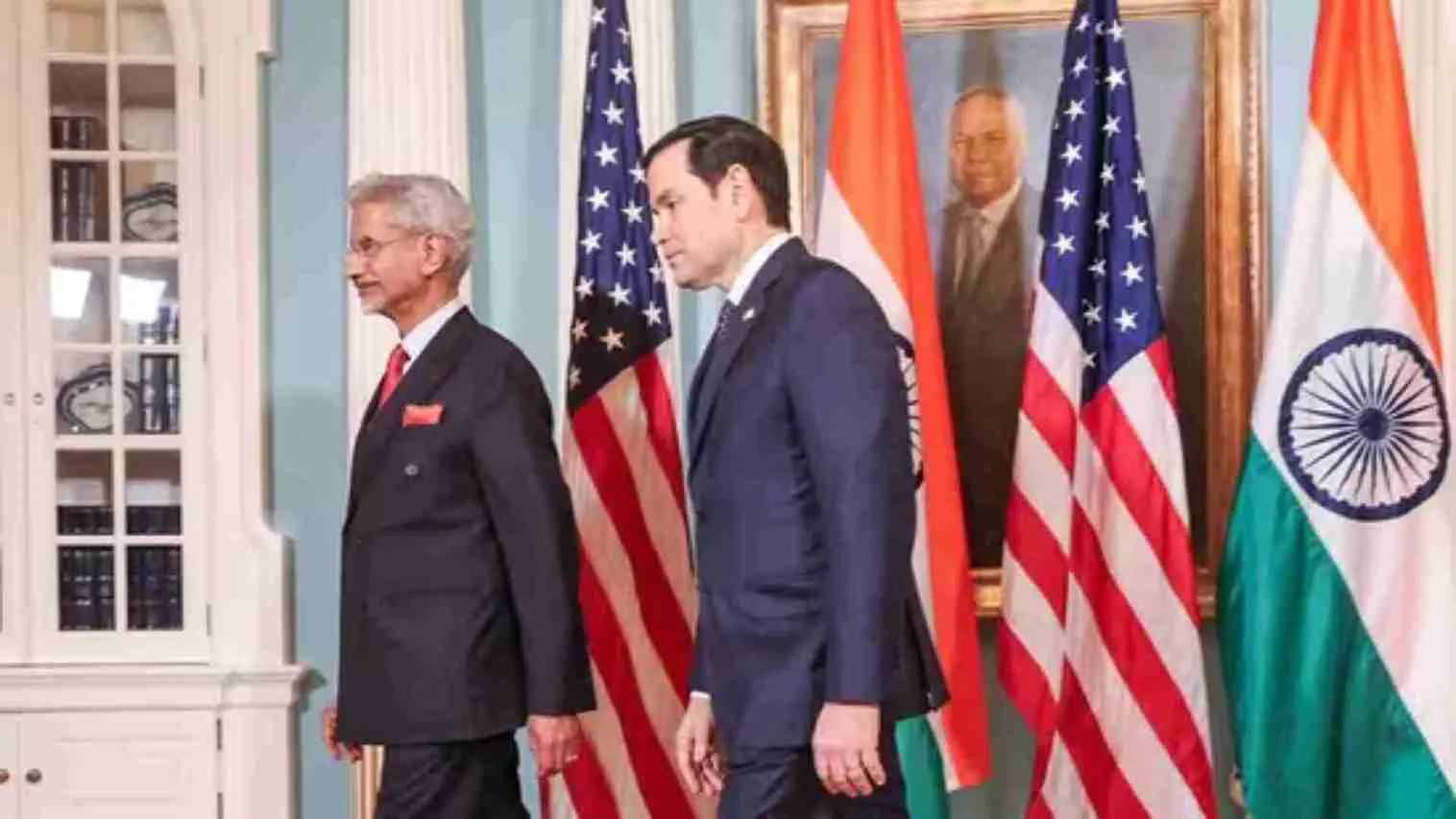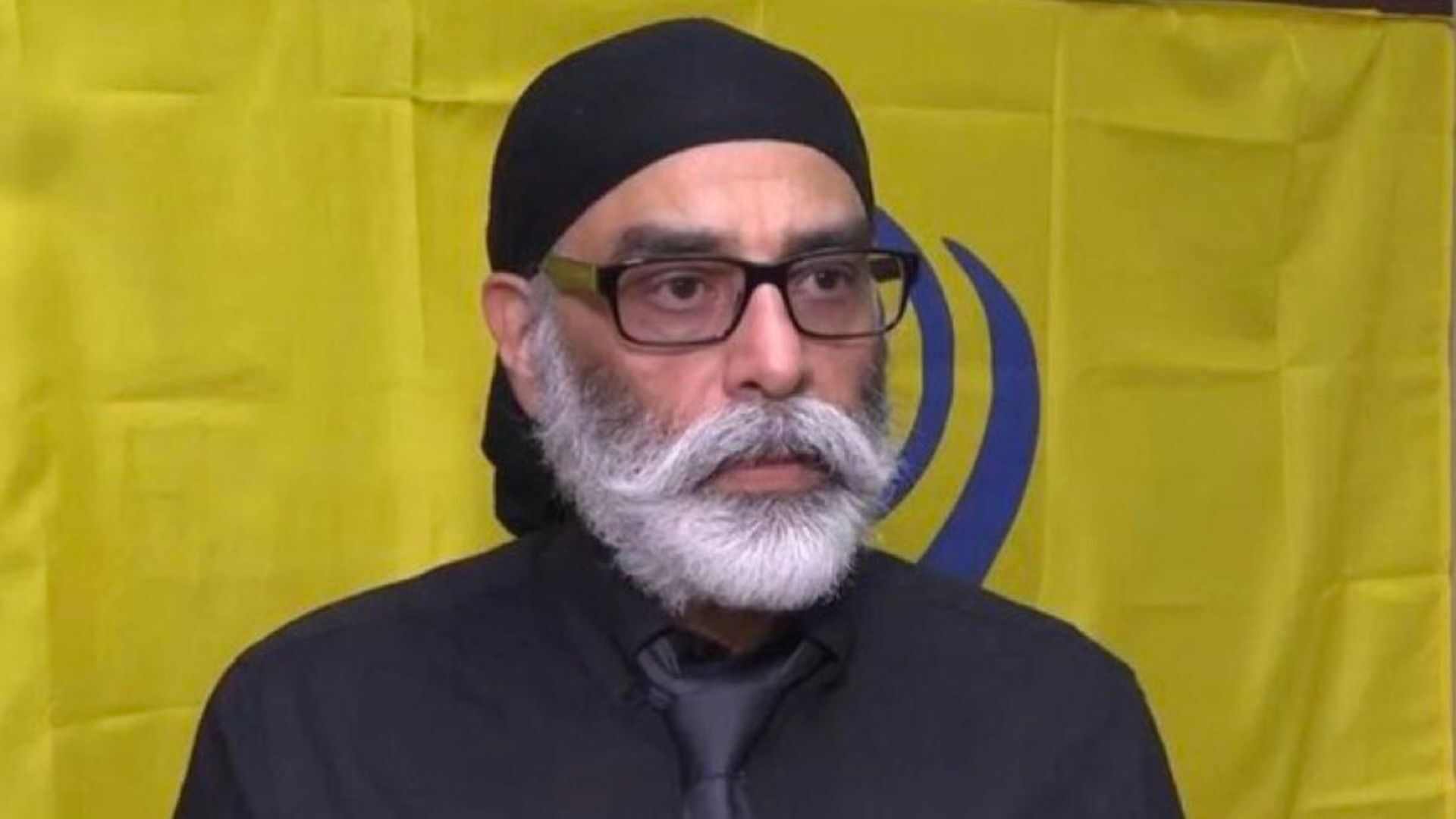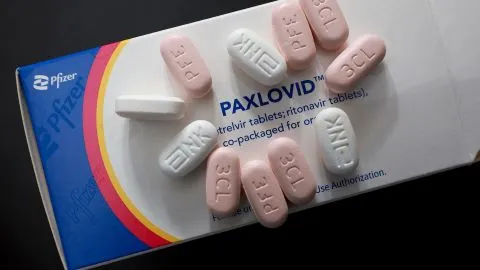One of the first metro cities to implement lockdown effectively even before Prime Minister
Narendra Modi had declared it, Bengaluru has now clocked more than 1.7 lakh cases, racing ahead of Mumbai. The city is only behind Delhi which has registered 2.18 lakh cases as on Sunday night. Mumbai with 1,69,741 cases is in the third position, followed by Chennai with 1.47 lakh cases.
The overall cases in Karnataka stand at 4,59,445 with over 9,000 new cases being reported daily 11 days in a row till 13 September. On Sunday, Karnataka became the fourth state to register more than 4.5 lakh cases of Covid-19, with a death toll of 7,265, out of which Bengaluru alone has registered 2,436 deaths.
Leading oncologist and member of the Karnataka Task Force for Covid-19, Dr Vishal Rao told The Daily Guardian that the numbers are alarming and this wave is worrying. “We have detected over 4.7 lakh cases and when we look at the death rate it is about 1.6 per cent. This may look very low but when we arrive at a number, it is over 7,000. The ratio of positive cases vis-à-vis the population of Karnataka is around 0.66 per cent and this is only detected from those who have volunteered and tested. There is a sizable chunk of population which has shied away from testing. If the number of positive cases rises to 60 to 70 per cent, then the death rate conversion will be in 10 lakhs,’’ he said.
Karnataka Deputy Chief Minister Ashwathnarayan has a different take on these rising cases when questioned on “unlock” norms which might have impacted the number of cases directly. “It is definitely worrying to see this trend but there is a positive side too. Of the 4.5 lakh odd cases, 3.5 lakh patients have recovered and only 99,203 cases are active. When we look at the Bengaluru numbers, out of 1.7 lakh cases, 1.27 lakh patients have recovered and only 41,000 cases are active. Recovery rate is over 70 per cent. One cannot blame un-locking norms and we need to move on and move around Covid. The economy is in bad shape and the only solution is to change our lifestyle and protect ourselves from the deadly virus,” he said.
The concept of herd immunity as far as coronavirus is concerned is far away and what is important at this juncture is taking precautions, said Dr Vishal Rao, adding, “Face masks, hand hygiene and social distancing must be in practice.
Since we have opened up the economy, we are seeing the impact of this social- economic virus which is all set to wipe out 2 per cent of the population of the world. What is necessary is protecting co-morbid people, protecting the elderly and children as this virus is targeting non-communicable diseases like diabetes, hypertension and kidney ailments apart from cardiac patients. Reverse quarantine is most important as far as the elderly are concerned. Have as much fruit and vegetables and proteins as you can and avoid adulterated food. Smoking and drinking are also a strict no-no,” he advised.
“The Oxford vaccine has failed and I think we will see an effective vaccine only around March 2021. I have been in touch with researchers working on this vaccine and only after carry- ing out trials on a large population I will be able to arrive at some conclusion. Meanwhile, Phase 2 of the Russian vaccine was conducted on only 76 people, whereas the ideal sample size should have been 10,000 people. The coronavirus is complex and to achieve an effective vaccine, we need to observe two groups — one which has been ad- ministered the vaccine and the other which hasn’t. And only after studying the groups in a natural time course can we see the effectiveness of the vaccine, as no vaccine can be brought in as declared and hurried by research firms,” Dr Rao said.






















